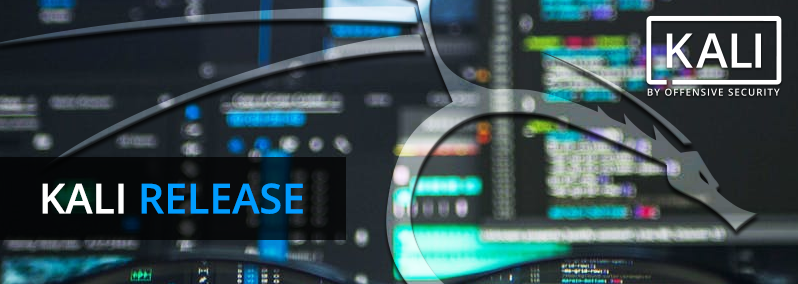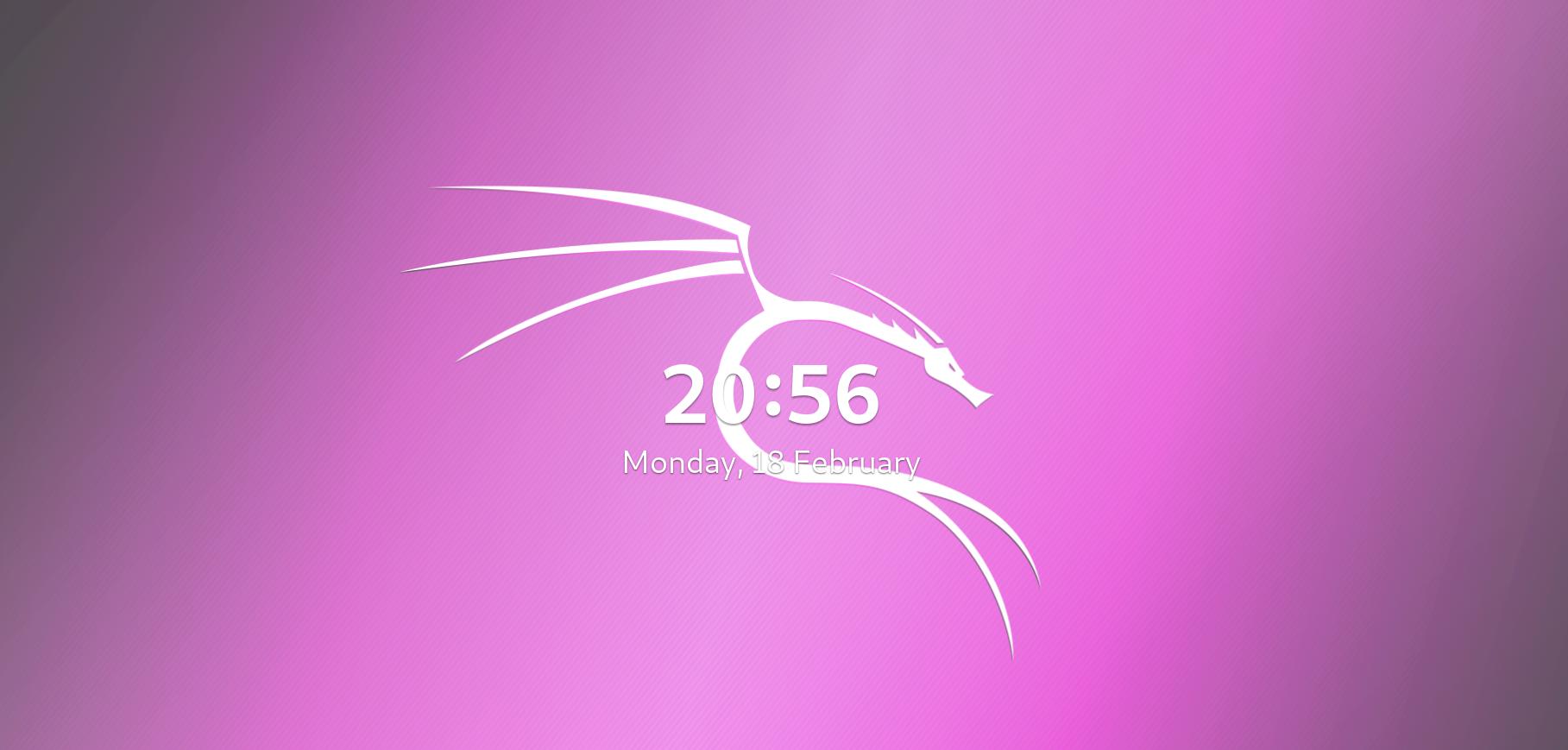The release of Kali Linux 2019.1

Kali Linux 2019.1 rolling-release took place, which contains many updates: updated packages, updated kernel 4.19.13, updated tools, and version 5 of the famous Metasploit framework.
Kali Linux is a distribution kit that contains many utilities for conducting penetration testing - from analyzing web application vulnerabilities to hacking networks and services and consolidating into the system. Previously, this distribution was known as Backtrack.
What's new?
The main feature of the release is, of course, support for Metasploit Framework version 5 , the most global update framework designed for penetration testing. It is worth noting that in dev-branches this support has been implemented since last year, but it has got to the stable-version just now.
root@kali:~# msfconsole
, ,
/ \
((__---,,,---__))
(_) O O (_)_________
\ _ / |\
o_o \ M S F | \
\ _____ | *
||| WW|||
||| |||
=[ metasploit v5.0.2-dev ]
+ -- --=[ 1852 exploits - 1046 auxiliary - 325 post ]
+ -- --=[ 541 payloads - 44 encoders - 10 nops ]
+ -- --=[ 2 evasion ]
+ -- --=[ ** This is Metasploit 5 development branch ** ]
msf5 >Kali Linux 2019.1 also includes updated packages for Harvester, DBeaver, and more. A full list of updates, fixes and additions is available in the Kali Bug Tracker change log .
Of course, the popular ARM images were not forgotten - Kali 2019.1 for ARM includes the return of support for Banana Pi and Banana Pro, both of which are based on kernel 4.19. There are no more separate Raspberry Pi images for users with TFT LCD displays, the re4son kalipi-tft-config script is now available on all of them, so if you want to configure a TFT board, run 'kalipi-tft-config' and follow the instructions.
Installation and Update
You can download a ready disk or virtual machine image from the official site or update your distribution.
First, check the relevance of the repositories:
root@kali:~# cat /etc/apt/sources.list
deb http://http.kali.org/kali kali-rolling main non-free contribAlso, before upgrading (apt -y full-upgrade), you may need to reboot:
root@kali:~# grep VERSION /etc/os-release
VERSION="2019.1"
VERSION_ID="2019.1"
root@kali:~#
root@kali:~# uname -a
Linux kali 4.19.0-kali1-amd64 #1 SMP Debian 4.19.13-1kali1 (2019-01-03) x86_64 GNU/LinuxThe final step is to update the distribution:
root@kali:~# apt update && apt -y full-upgrade
